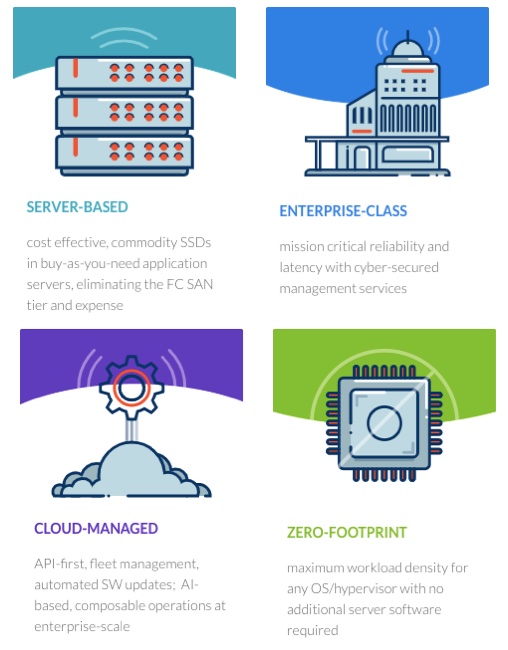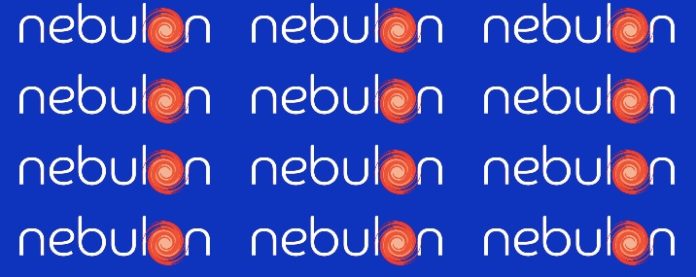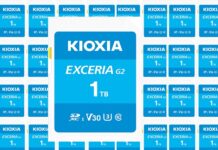Nebulon, a “cloud-defined storage startup” founded by four 3PAR veterans, is opening the stealth curtain a little.
On its website, the California company has revealed it is developing a cloud-managed replacement for Fibre Channel SANs, hyperconverged systems and software-defined storage. The system uses commodity SSDs and provides cloud-managed, secure, autonomous operations for server-centric storage on-premises.
Nebulon tells infrastructure owners its product is “a server-based data storage approach that is virtually zero touch, a fraction of the cost of arrays and SANs, without compromising SLAs”.

Nebulon software manages single tier all-flash storage with enterprise-class reliability and low latency in the public cloud (currently AWS). This back-end management is said to be AI-based and provides composable operations and automatic updates for the on-premises software. It can manage multiple Nebulon arrays.
Job adverts posted on Nebulon’s site indicates some product characteristics. For example, “Contribute to the design, implementation, and operation of cloud-based management, telemetry, operations, and analysis software”.
This implies that the on-premises system sends telemetry to the cloud back-end management facility. The composability point indicates that the on-premises storage facility can be re-organised.
We get a sense of a management facility receiving telemetry from the on-premises system and running AI-type analytics on the data, with real-time control info returned to the on-premises system to optimise operations.
Buy-as-you-need application server
The on-premises component has a customer web interface. Nebulon’s system is said to have zero footprint and provides “maximum workload density for any OS/hypervisor with no additional server software required”.
This suggests that the hardware is a server with populated SSD bays and Nebulon software. It is called a “buy-as-you-need application server”. Taken literally, this means it runs customers’ applications and is therefore a kind of hyperconverged system.
We think the zero footprint claim is more marketing than something to be taken literally. The on-premises kit has Nebulon software running in it so it is not a zero footprint device in that sense.
There is no announcement date but customers willing to be beta testers are invited to get in touch. Blocks & Files thinks a Q3 or Q4 2020 launch is likely – merely based on our sense of the industry and nothing concrete. Nebulon’s product launch remains nebulous.








